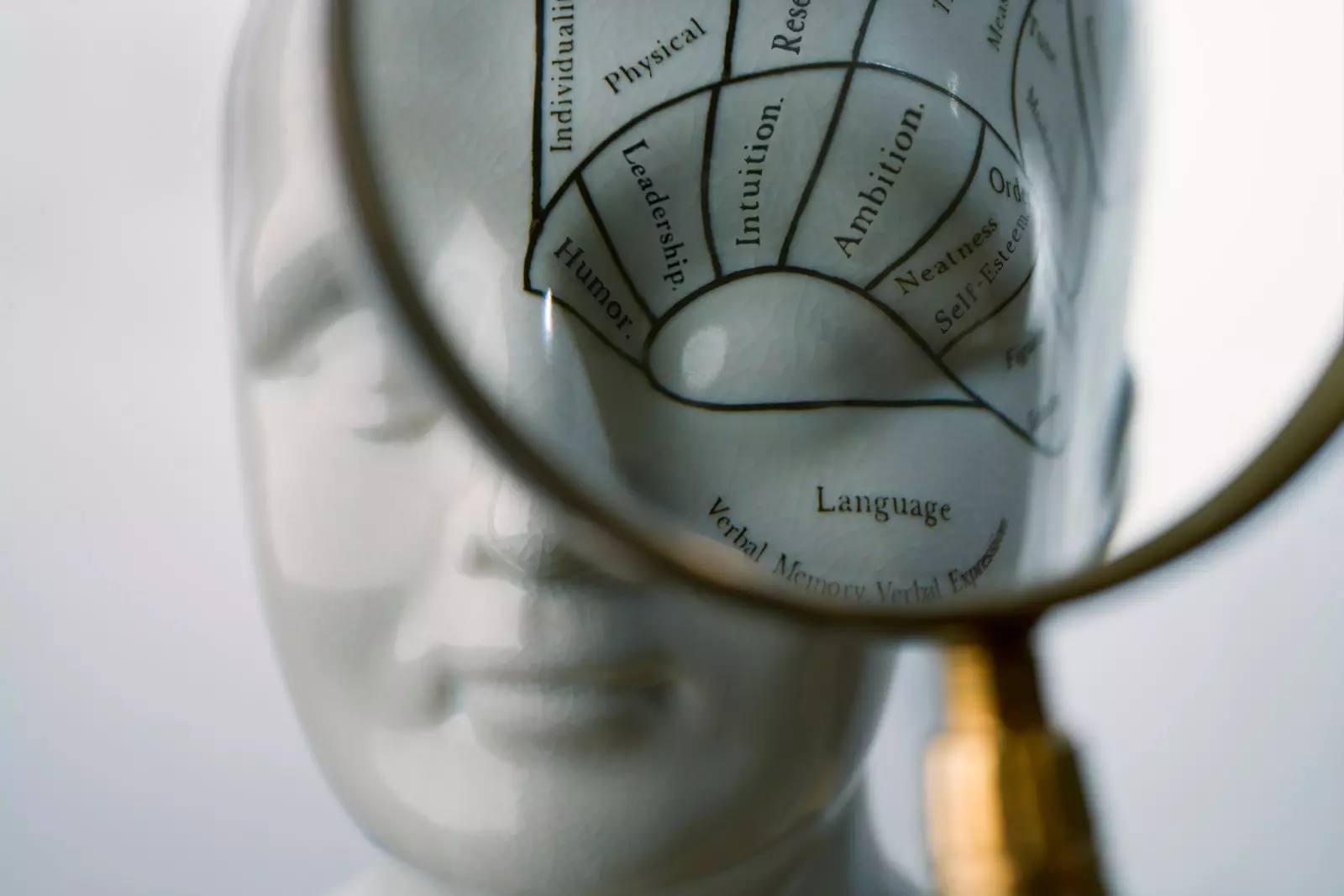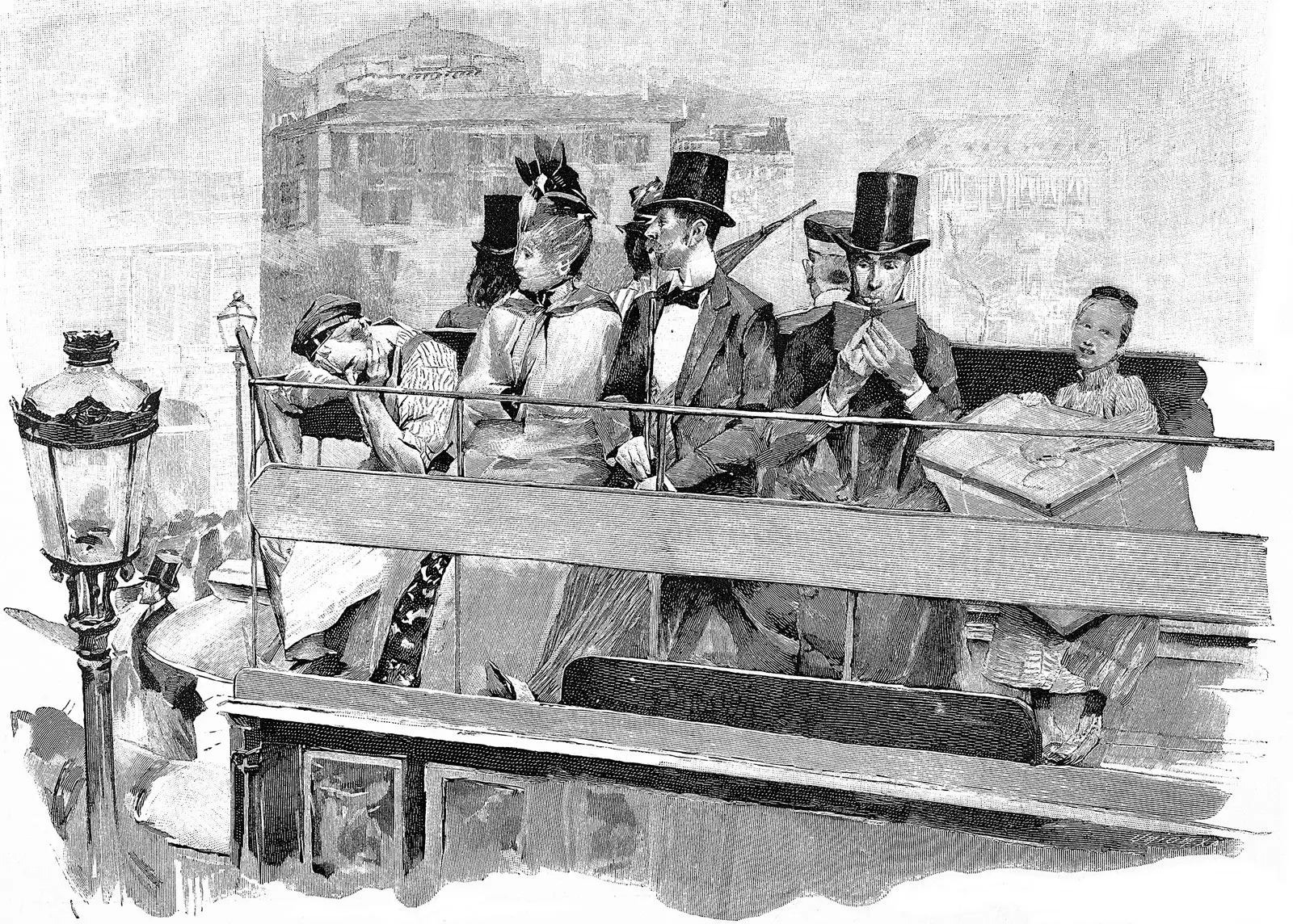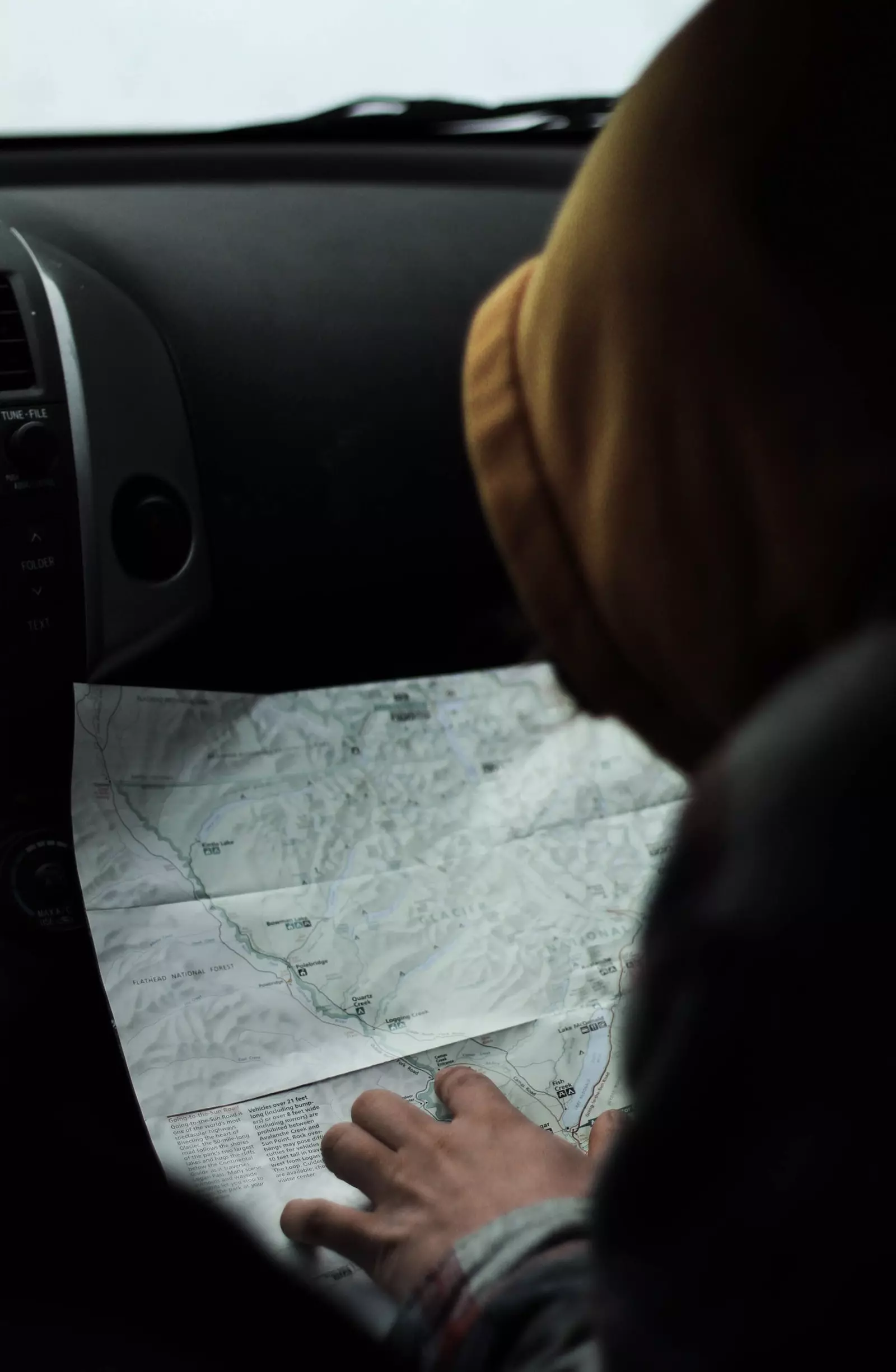
Can travel become a psychological addiction?
From the first “pathological tourist” Until the curious case of the competitive travelers who collect countries as a mission in life. Can the trip become a psychological addiction.
The concept of “dromomania” it's in fashion Every person we meet talks about traveling . We want to travel. Much. to many destinations . Discover one side and the other of the planet. And its cultures, its cuisines, its landscapes, its transportation, its smells and its sunsets. And photograph it all.
All roads and people lead us to some journey . Our planet has never been so accessible for travelers , nor has there been such a palpable urge to "escape".
But, what does the RAE say that "dromomania" is? Let's see:
from lat. hundred dromomania, and this from gr. δρόμος drómos 'career' and -μανία -mania '-mania'. 1. f. Excessive bending or pathological obsession with moving from one place to another.

Is it getting out of hand?
Raise your hand who still considers himself "victim" of dromomania after having read the definition of the RAE . Of course, all happy to be. But can this very human instinct that leads to knowing the world better become an addiction and take someone to a possible overdose ? Is it possible for traveling to go from being fun to an obsession?
Let's go back in time to the year 1886, back then a certain Sigmund Freud and his psychoanalytic theories were still semi unknown. And a 26-year-old Frenchman, ** Jean-Albert Dadas ,** rose to fame by turning up at a Bordeaux hospital physically exhausted and with no memory of how he had gotten there. What he did know is that travel long distances without really knowing why or how it was something that happened to him often, it was part of his daily life.
Dadas lived and worked in the city of Bordeaux , he was an employee of the gas company. A worker with only a few basic studies and who, from a very young age, had manifested the symptoms of a really curious disease; a kind of traveling sleepwalking.

A pathology related to the trip that today translates into the obsession with "ME MORE AND MORE PLACES"
Apparently, this pathology appeared without warning or and that was when, randomly, though periodically, suffered clear episodes of alienation that were characterized by an irrepressible desire to travel (today known as 'wanderlust' ) .
Dadas lost control of himself and forgot about his family and his job . Sometimes he even went to the extreme of assume invented identities while he undertook his journeys of long or medium distance. Within weeks or months, his wandering trance would wear off and he would be his own man again. It was then that he remembered who he was, where he lived, what his duties were, and it was time to start the journey home.
The strange traveler claimed to "wake up" in places like Vienna, Prague, Constantinople and even Moscow or Algeria, without being very clear how it had happened. Dadas was the first pathological tourist . And it happened at a time when tourism as such only occurred in the upper classes of society.

19th century tourist bus
The desperate case of given was studied by a young psychiatrist at the Saint-André hospital in Bordeaux, named Philippe Tissie , who sought evidence of his travels by contacting the consulates of the places to which he claimed to have traveled during his trances.
Not only his escapades were real , but they were not pleasure trips, because during his journey he suffered real hardships, ending up several times in jail for begging or in hospitals for exhaustion.
In addition, and against all logic, his displacements and everything that they entailed ended his health and they made him truly unhappy , but this did not prevent him from throwing himself on the road after a short time.
It was Tissié who wrote and documented the Dadas pathology in its doctoral thesis in 1887 .
From his work, the disease that prevented the young and involuntary globetrotter from having a normal family, social and work life was defined with the name of dromomania or ambulatory automatism.
Since then, there have only been a few documented cases of this pathological fuguism, all of them in Europe and at the end of the 19th century.

Be careful with planning more trips than you can assume in your day to day
After the epic trance of Dadas, no one is known to have passed out on an odyssey of this caliber, but the term was included as “impulse control disorder” and “psychiatric problem” in the 2000 edition of the Diagnostic and Statistical Manual of Mental Disorders (Diagnostic and Statistical Manual of Mental Disorders, published by the American Psychiatric Association).
However, 130 years after the wanderings of Dadas, the concept “dromomania” has resurfaced -quite changed and adapted to the times in which we live, yes- to allude to a curious new breed of competitive traveler.
Free time, money and compulsion are his greatest food. sometimes called “country collectors”, this type of travelers have made the “fuguismo” his mission in life.
There are those who collect stamps, coins, vintage postcards and even modernist tiles.
These compulsive globetrotters have filled their lives with roads, planes, cities, visas, passports and remote places, making their trips a competition with others of their condition.
Driven by a mixture of desire to "know" the world and to have the highest possible position in the ranking of the most traveled in the world.

No, it is not necessary
The passion for this way of life has led to the appearance of websites such as Most Traveled People , The Best Traveled Y Shea's ISO List , where more than 30,000 people compete fiercely to add points to their scoreboard and for being at the head of these “leagues” of adventurers.
The drug addict experiences an immense feeling of well-being thanks to the shot of dopamine that you secrete when, for example, you buy a plane ticket. Something that may not be so harmless, such as alcohol, drugs or carbohydrates, when taken to the extreme.
Yes, traveling can be "addictive" and reach the point of obsession . It is enough to dive a little in the lists of these “destination collectors” to see how many of them have risked everything in life to travel , making its existence a competition in which the goal is to literally go everywhere.
While it is true that only they can really tell if what motivates them reaches a deeper level, the urge to brag that they've been to more places that -almost- no one sometimes leads them to the social uprooting , the loss of the notion of reality or the migratory duel .
Reaching the point of isolating the person, producing an incessant feeling of dissatisfaction and emptiness, family, work or personal conflicts, like the impression of not finding oneself . Something like what happened to Dadas when he had to suffer the consequences of his wandering trances.
It seems that, paradoxically, make the trip your mission in life leads us to ask whether this style of collector travelers are closer to the world or, if on the contrary, they move away from it with each point added in the ranking of the most traveled people on the planet.

Traveling so much, does it bring us closer to the world or does it distance us from it?
